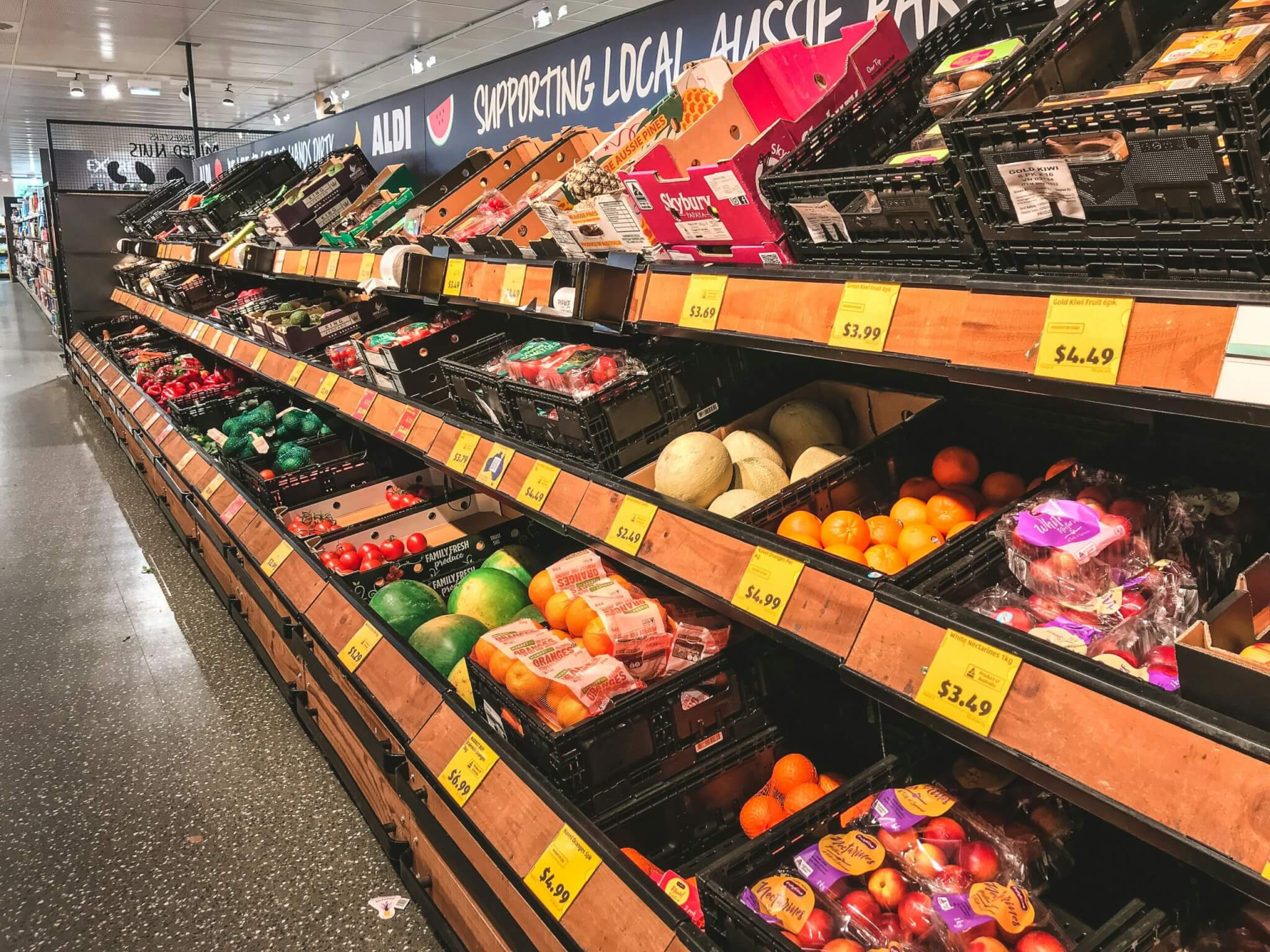Brussels sprouts are among the most challenging crops to grow organically; they require a rich soil, a long growing season and are highly prone to fungal disease and, to a lesser extent, aphids and slugs. To spread the risk and prevent letting you down on the big day, we have split the crop between our farm in Yorkshire and organic growers in Lancashire and East Anglia. Here the colder, drier weather reduces the risk of fungal disease, which we felt was a better idea than expecting you to peel spotty Devon sprouts for Christmas. At the end of October it seemed like a smart plan but an incredible nine inches of November rain leached away most of the nitrogen below the rooting zone of the soil, bringing growth to an abrupt stop; it now looks like we will have a very small crop of very small sprouts. With a bit of work we still reckon we can find enough for the Christmas week vegboxes though, so no cause for panic.
We have finally had a proper frost which will improve the flavour of our parsnips and might slow the rampant growth of leeks, cabbage and kales, all of which are two to four weeks ahead of schedule. Some of you will get pain de sucre (also known as sugar loaf chicory) from our French farm over the next few weeks; looking a bit like a pale pointed cabbage but related to and tasting like a mild radicchio, they can be eaten in salads or cooked as you might endive.
When not cutting pain de sucre or pak choi from our tunnels, our team in France have been busy harvesting mistletoe from the hedges on our neighbours’ farms. Mistletoe is a parasitic plant that grows on a range of hosts, but particularly favours poplar and is very common in France. If left unchecked it can kill the tree so over the next couple of weeks we will be trimming the huge balls into sprigs which, all being well, will be in your boxes as a Christmas present the week commencing 8th December. Just in case anyone thinks this is my latest culinary craze, I better assert that mistletoe is poisonous and that this gift is intended to encourage revelry rather the culinary experimentation.










0 Comments